Primary and Metastatic Central Nervous System Malignancies
- The main function of corticosteroids in CNS tumors is to control brain and spinal cord vasogenic edema and decrease intracranial pressure. Corticosteroids should be used with caution because of its significant side effects, such as insomnia, hyperglycemia, myopathy, psychiatric effects, and opportunistic infections.
- Maximal safe resection is recommended for all glioma grades and subtypes if the tumor is surgically accessible and there are no absolute medical contraindications to surgery. Nevertheless, even a macroscopic complete resection is almost never curative because grade II to IV gliomas infiltrate the normal brain.
- The addition of WBRT to either surgical resection or radiosurgery decreases the risk of brain metastasis recurrence but does not improve survival in patients with one to three brain metastases.
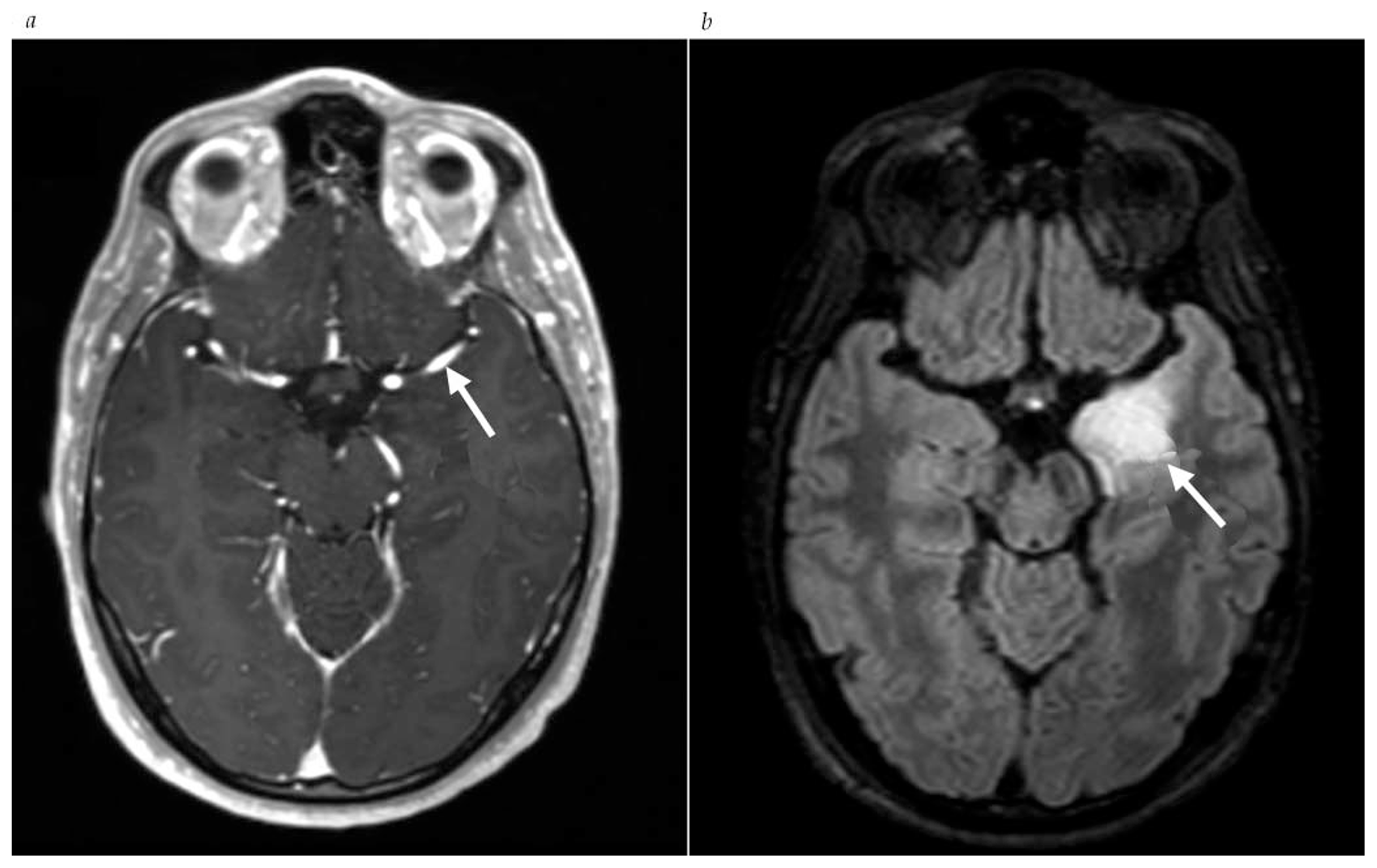
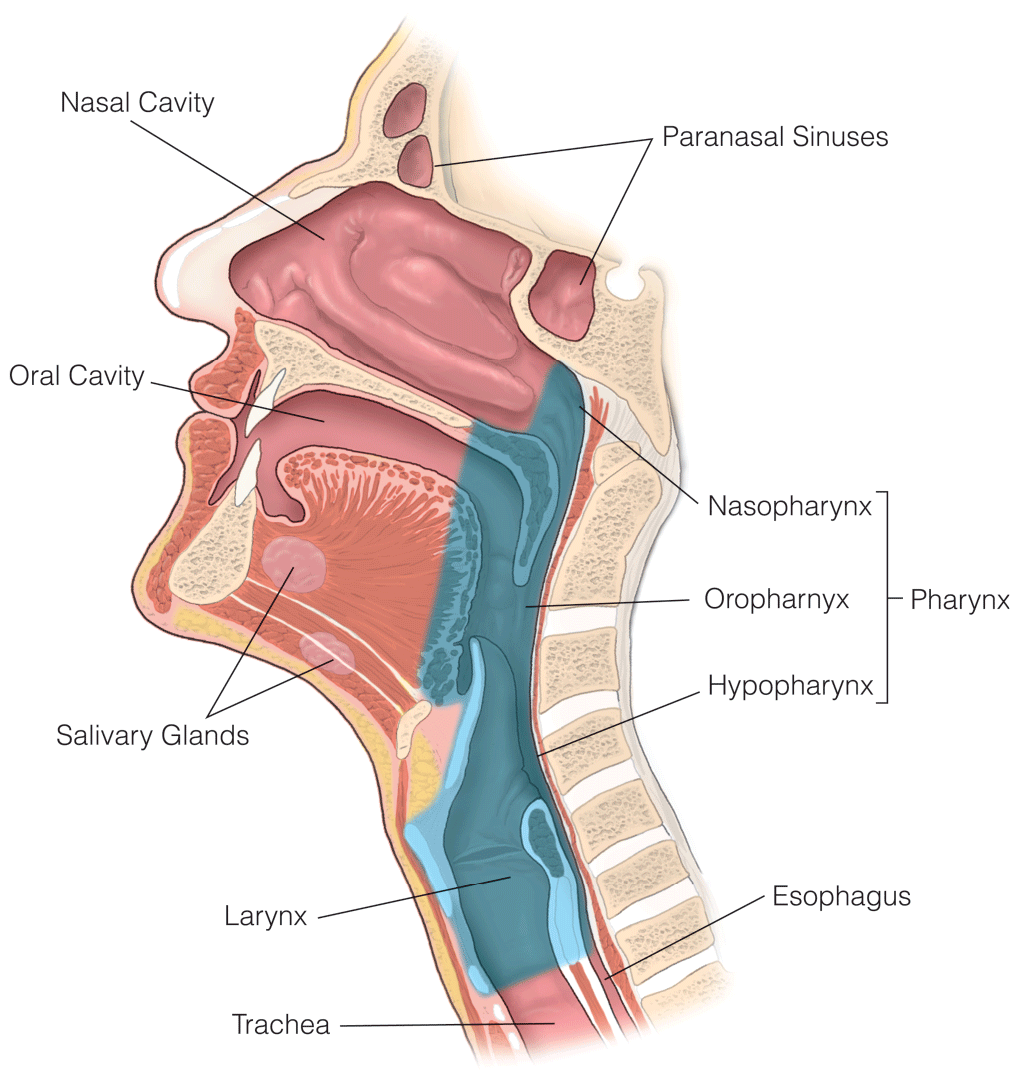
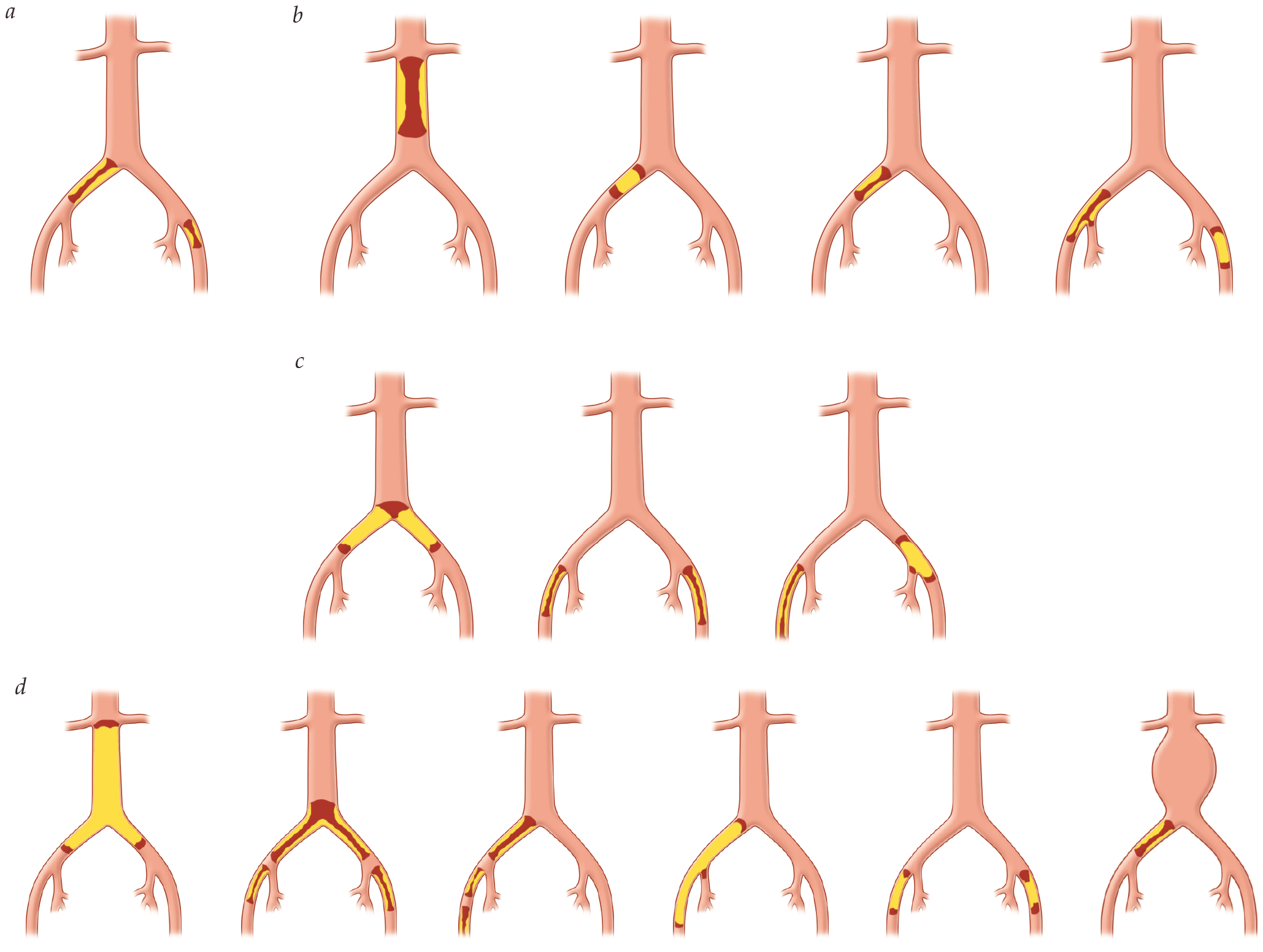
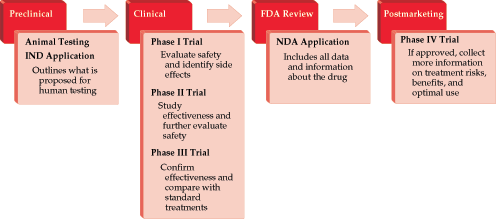
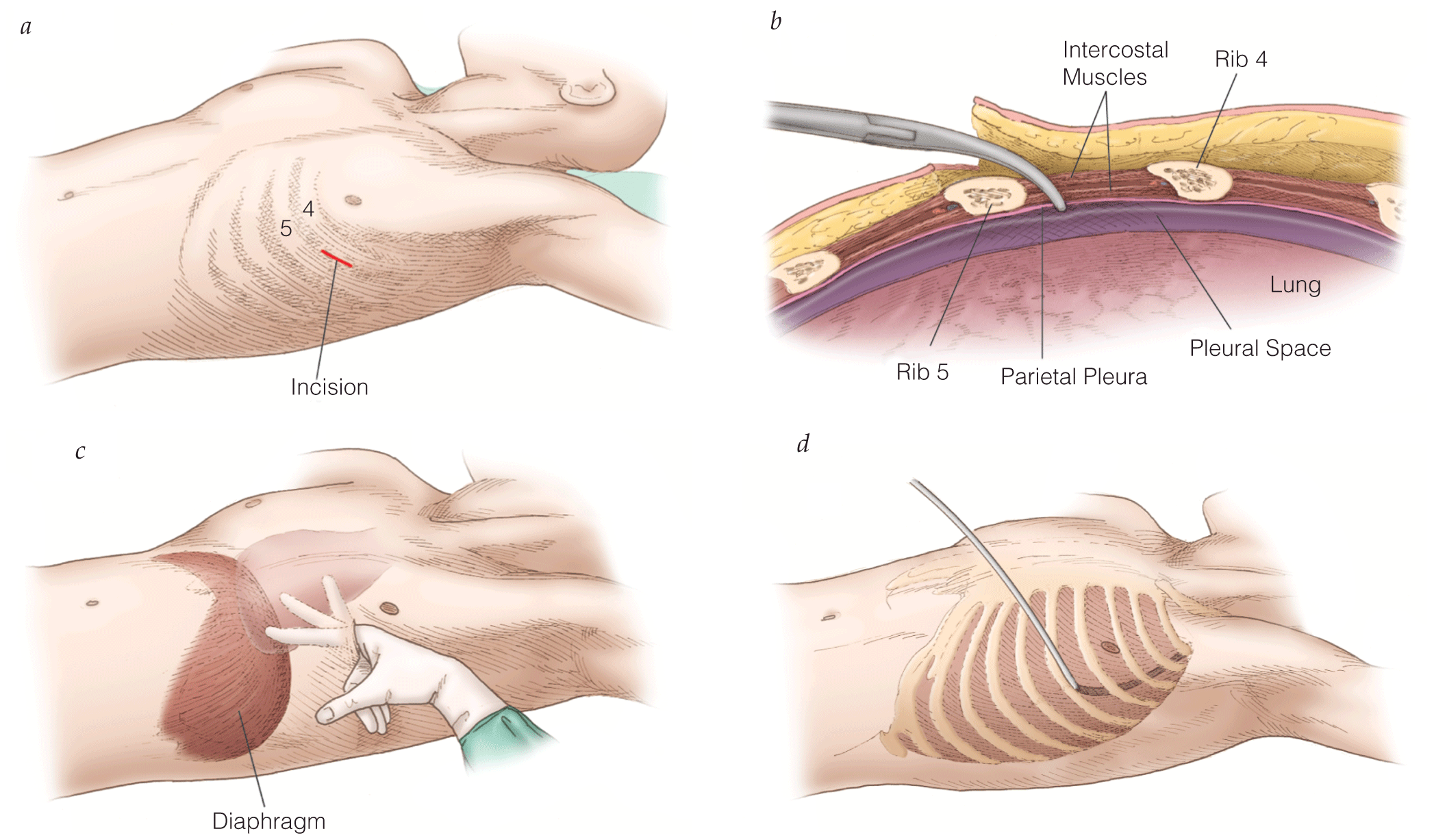
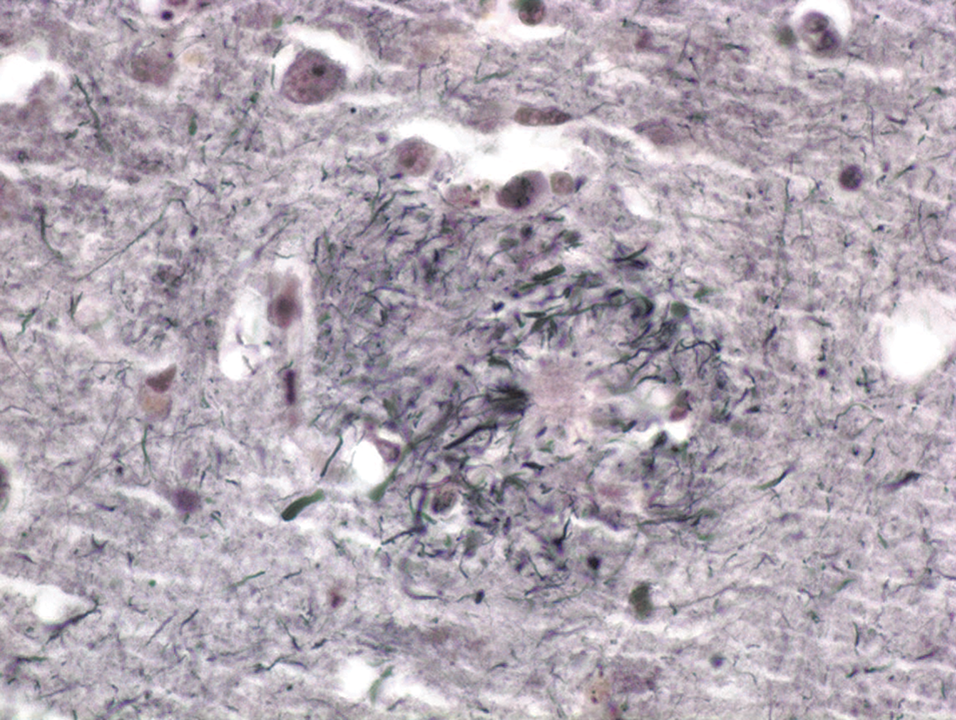


.png)







